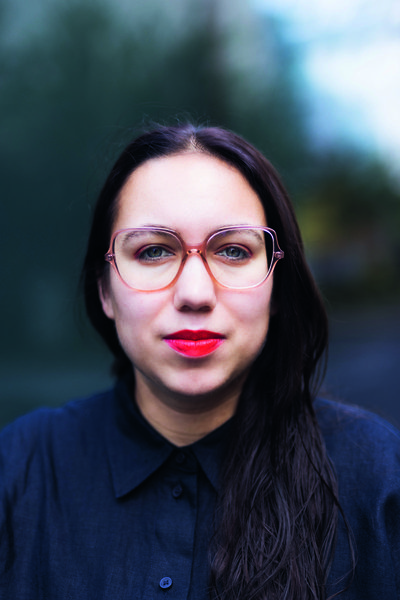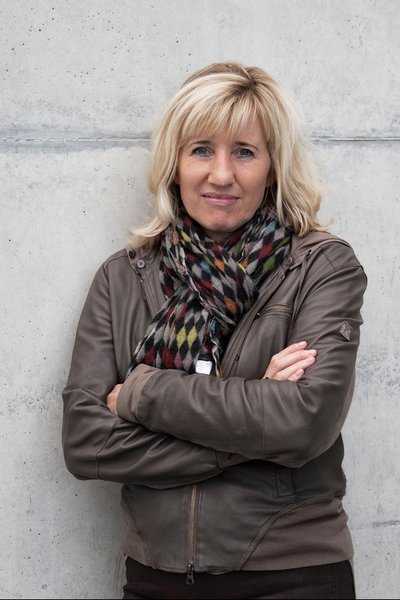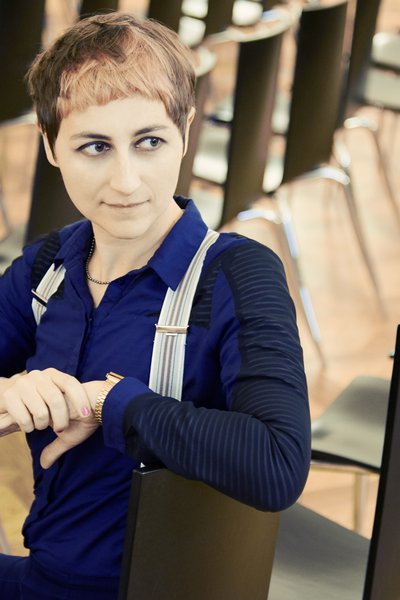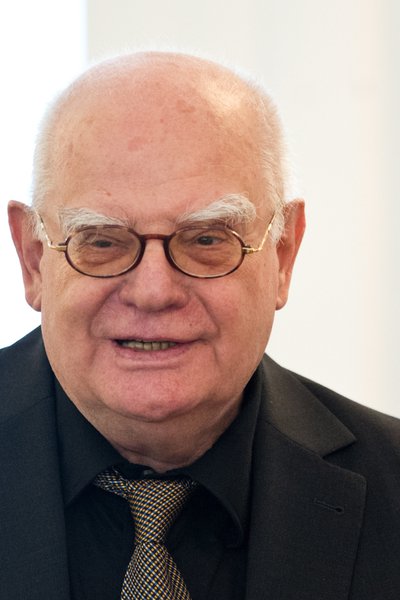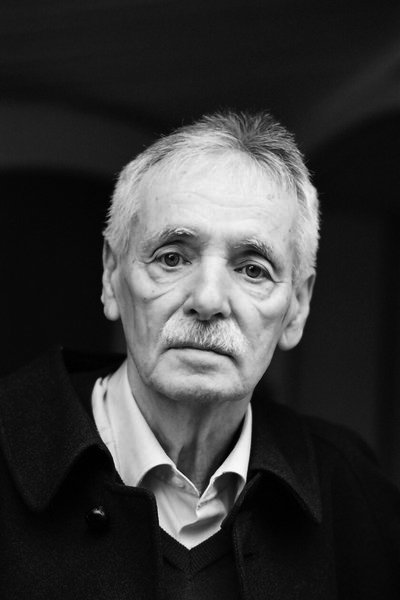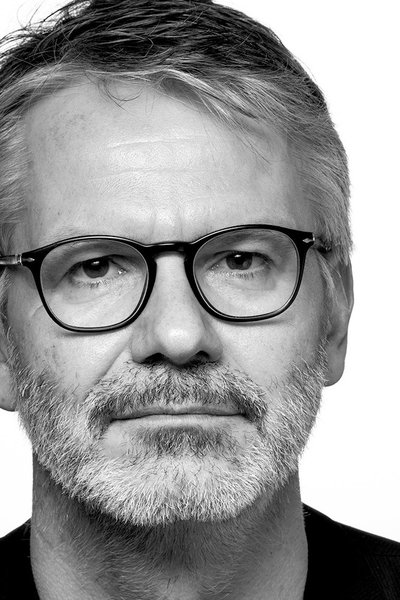Ronya Othmann, born in Munich in 1993, grew up in the Freising district as the daughter of a Kurdish-Yazidi father and a German mother. Othmann's childhood and youth were shaped by travels to visit her paternal family in a Yazidi village in northern Syria, which later ceased to exist. After graduating from high school in 2012, Othmann began training at the International Munich Art Lab and the Swiss Literature Institute of the Biel University of the Arts. From 2014, she studied at the German Literature Institute in Leipzig, where she organized the 2015 Kurdish Film Days.
Othmann primarily writes prose, poetry, and essays. Her literary works explore topics such as migration, homeland, and war. Othmann's style is characterized by an exploration of identity and memory. In August 2020, Ronya Othmann's debut novel, "Die Sommer" ("The Summers"), was published by Hanser Verlag. It uses a family history to reflect on the civil war in Syria and the murder of Yazidis by the Islamic State. In her first volume of poetry, "die verbrechen" ("the crimes", 2021), Othmann refers to a "tired, tired land" identified by reception as Kurdistan. She interweaves the historical and ideological traces of a century with the memories of a lyrical self. Othmann's latest literary work, the novel "Vierundsiebzig" ("Seventy-Four"), was published in 2024.
Othmann has also published journalistic texts, including for Der Spiegel and taz. Since March 2021, she has written the column "Import Export" for the Frankfurter Allgemeine Sonntagszeitung. Since May 2021, Othmann has been one of eight authors responsible for the column "Leipziger Stimmen" ("Leipzig Voices") for Leipziger Volkszeitung.
Ronya Othmann has received numerous awards for her work, including the 2015 MDR Literature Prize, the 2020 Mara Cassens Prize for "Die Sommer" ("The Summers"), and the 2024 Düsseldorf Literature Prize for her most recent novel "Vierundsiebzig" ("Seventy-Four").
